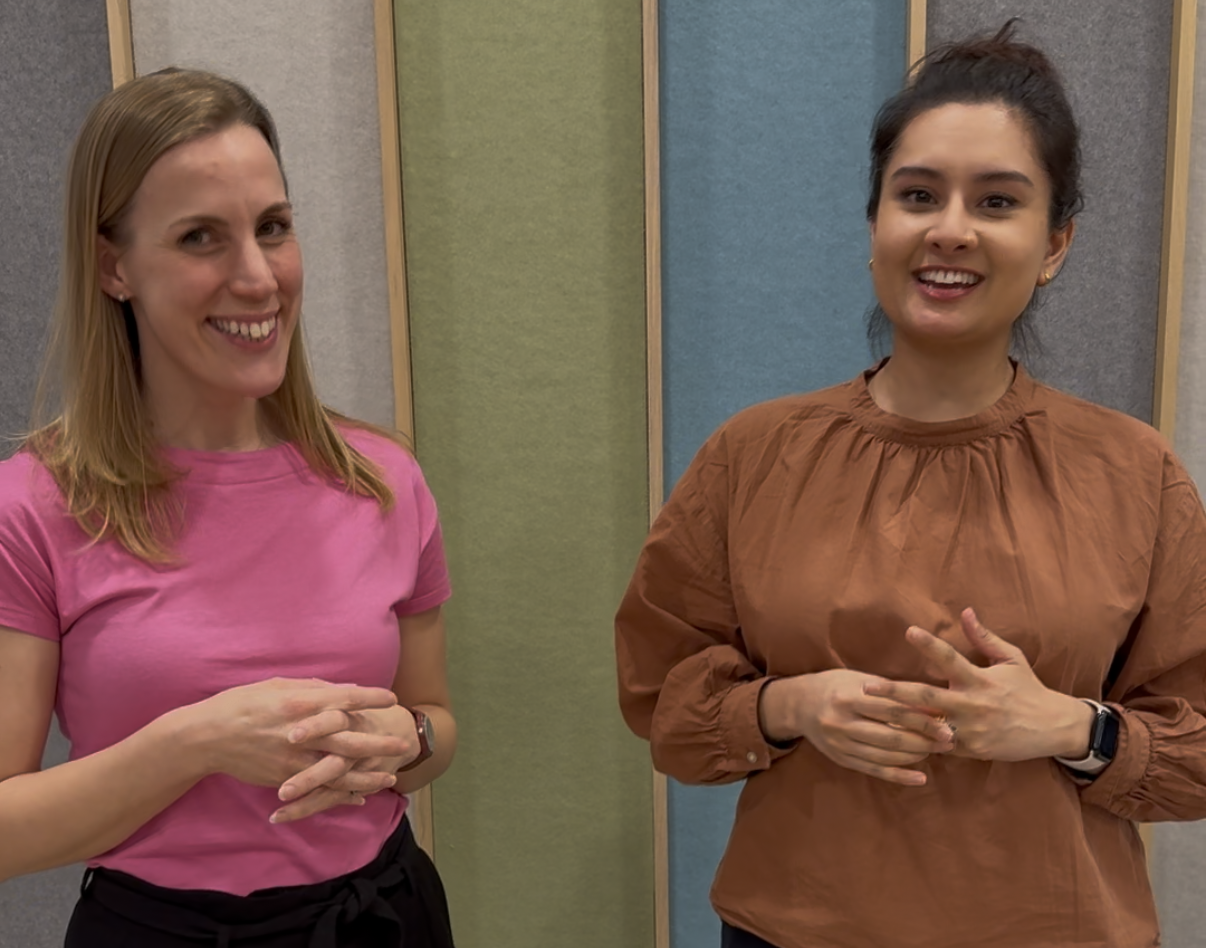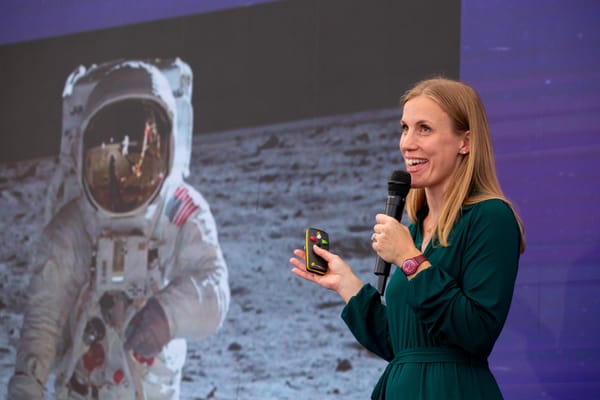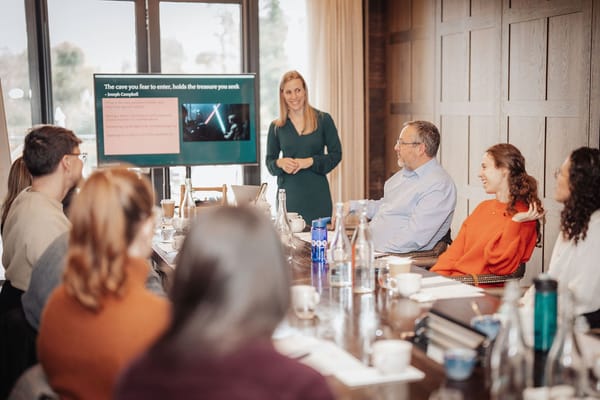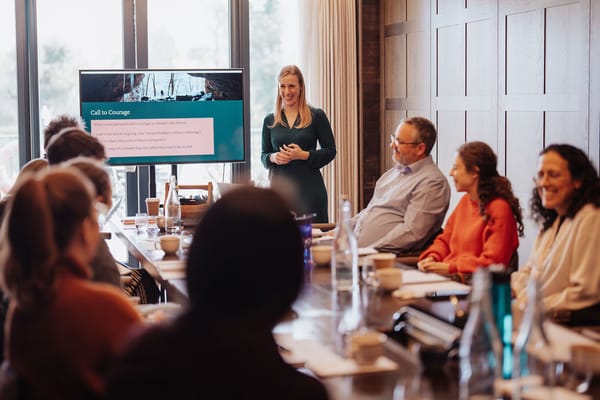3 ways I’m managing cognitive load before TEDx

This time next week, I’ll be standing on the red dot at TEDxBrighton.
No slides. No notes. Just me, a stage, and over a thousand people in the audience.
What could possibly go wrong?
This week has been full of rehearsing, forgetting, rephrasing, voice notes, pacing, more forgetting… and slowly, somehow, remembering.
Which brings me to this week’s human performance insight—something I’ve been living and breathing:
🧠 Cognitive load is real.
And when it’s too high, memory and performance suffer.
Whether you’re giving a talk, negotiating a tough meeting, or just trying to juggle 17 tabs in your brain—you can’t perform well when your brain’s full.
Here’s what’s helping me:
- Chunking. I’ve broken the talk into core sections, each with a clear transition. As well going through the whole talk, I’m repeatedly rehearsing the transitions - those anchor points that help me know what’s coming next.
- Visual Anchors and Memory Pegging. I’m walking around my house and garden, mentally “pegging” each part of the talk to an object or location. When I’m on stage, I can picture my route through the house, and through the talk.
- Gestures and Actions. I’ve also been wildly gesturing each line with an action (which I promise not to do on stage!) but it’s helping imprint everything in my brain.
- Reducing Background Noise. I literally clear my desk and my calendar before a big rehearsal. I am taking minimal calls, and I have nothing on at all next week, until we drive to Brighton for the rehearsal on Thursday.
I’m also memorising word-for-word, not everyone’s approach I know, but I’m hoping it gives me the confidence to improvise more naturally on the day, knowing the talk is safely backed-up in my long-term memory.
It’s about building structure and trust in your thinking under pressure, to be able to adapt and “problem solve” in the moment.
Which, as it turns out, is the same thing astronauts do in training (and something I’ll be talking about next week!).
So this week’s takeaway? If your brain feels overloaded, try offloading some of the pressure. Simplify your input. Build structure. And trust that you know what you’re doing.
And if not, practice until you do.
Wish me luck,
Susan
P.S. If you fancy a last-minute trip to Brighton, I’ve got a 20% discount code for TEDxBrighton tickets: TEDXSPEAKER20 – feel free to share it!
PPS. Watch the short clip here of me and Jenna talking through our strategies.





